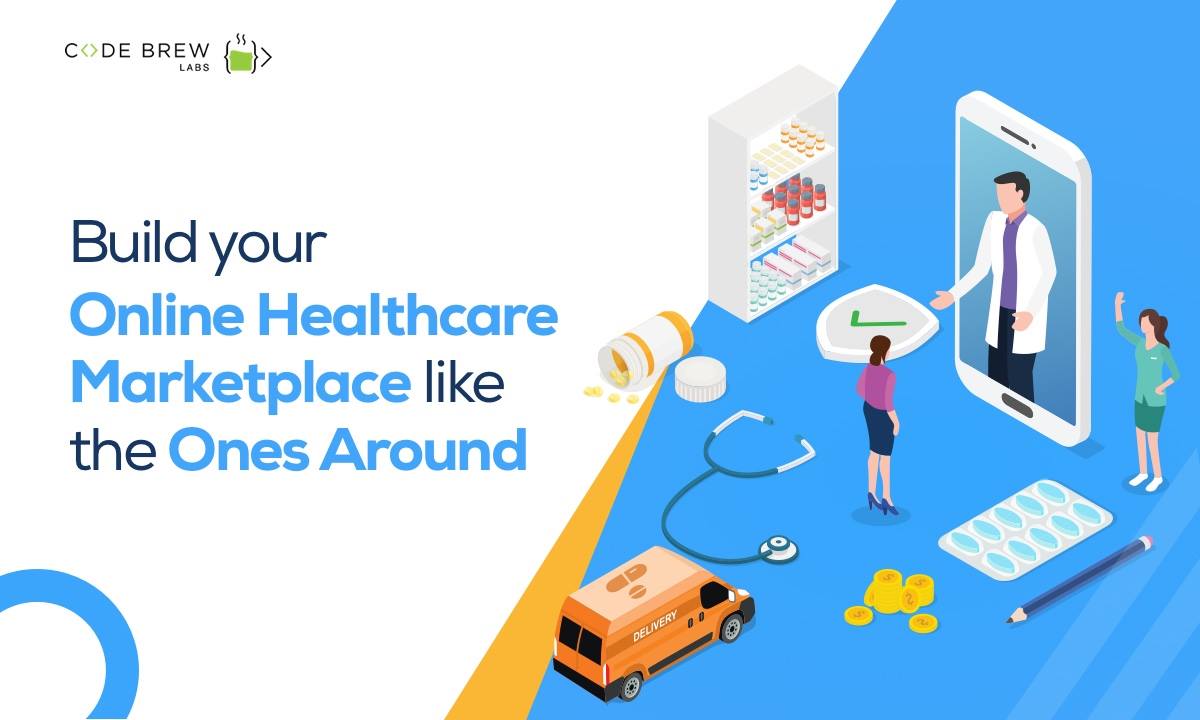Exploring the Growth of Subscription Based Healthcare in the Digital Age
Exploring the Growth of Subscription Based Healthcare in the Digital Age
Blog Article
Navigating the Future of Medication With Subscription-Based Medical Care Services
As the medical care industry develops, subscription-based services arise as a critical model guaranteeing to reshape patient treatment shipment. With the possible to supply structured, affordable solutions through foreseeable pricing and customized attention, these solutions stand at the forefront of modern medical technology. Yet, as we consider their increase, one have to contemplate the ramifications of incorporating such systems into existing medical care structures. What obstacles do they present in regards to data security and fair gain access to, and just how might they redefine the patient-provider partnership? The response to these questions can basically alter our method to healthcare.
Surge of Membership Healthcare
As medical care systems all over the world face increasing stress from climbing costs and need for services, the arrival of subscription-based health care models has actually become a transformative fad. This ingenious method is disrupting traditional medical care distribution by offering a predictable, flat-rate repayment framework for medical services. Rooted in the principles of attendant medication, subscription-based health care enables providers to concentrate on individualized individual care while all at once handling operational effectiveness.
The increase of this version can be connected to several aspects. Technical advancements have allowed a lot more smooth combination of treatment via telehealth and digital health and wellness records, promoting the scalability of membership solutions. The increasing consumer need for openness and predictability in health care costs has actually driven the change towards this version. Subscription-based solutions frequently use straight access to health care experts, which can decrease the administrative problems related to insurance claims and repayments (subscription based healthcare).
This model is getting traction among diverse medical care providers, from medical care physicians to specialized clinics, by aligning economic incentives with continual and preventative care. By changing the emphasis from quantity to value-based treatment, subscription healthcare has the potential to improve the landscape, cultivating an extra patient-centered and lasting approach to health and wellness management.
Advantages for Individuals

Furthermore, subscription-based services frequently highlight preventive treatment, motivating routine examinations and health screenings. This aggressive approach can result in very early detection of health issues, possibly improving end results and lowering long-lasting health care prices for people. Such models commonly offer clear prices, allowing individuals to much better understand their health care expenses and prevent unexpected clinical bills.
The customized nature of subscription-based health care additionally enhances person experience. People can get customized healthcare plans that match their specific demands, promoting an extra patient-centric strategy.
Technology's Role in Change

Expert system (AI) plays an important function in predictive analytics, helping in early diagnosis and customized therapy strategies. AI formulas assess substantial datasets to recognize patterns that could be forgotten by human observation, thus improving clinical decision-making. Electronic wellness records (EHRs) improve person details management, making sure continuity and coherence of care across numerous services and carriers.
Blockchain innovation boosts information safety and security and personal privacy, critical for preserving patient count on digital systems. It makes it possible for secure and More Info transparent transactions of medical information, making certain that sensitive info stays protected. With the integration of device knowing and AI, blockchain can automate complicated healthcare procedures, lowering administrative burdens.
Difficulties and Factors To Consider
While technology thrusts the capacities of subscription-based healthcare services, it additionally introduces a collection of obstacles and considerations that have to be addressed to make certain successful application. One considerable obstacle is the fair accessibility of these services. As membership designs usually depend on digital systems, there is a risk of aggravating the electronic divide, leaving individuals without net accessibility or digital literacy. Making sure these services do not overmuch benefit only tech-savvy and upscale populaces is necessary.
Information personal privacy and security stand for another vital factor to consider. Subscription-based services usually involve the collection and storage space of substantial amounts of personal wellness info. Carriers should adhere to strict data protection regulations Discover More Here to keep person trust and protect against unapproved gain access to, which might cause considerable moral and lawful effects.
Furthermore, the sustainability of registration models positions a challenge. As health care needs develop, maintaining a cost-effective equilibrium in between subscription charges and solution top quality is crucial to protect against person dissatisfaction and attrition. Incorporating these solutions within traditional health care systems requires seamless interoperability in between systems, which is often a complicated and resource-intensive venture. Dealing with these difficulties is necessary as subscription-based health care solutions remain to broaden and evolve.
Future Ramifications for Medicine
Subscription-based healthcare services are poised to significantly affect the future landscape of medicine by improving just how care is accessed and delivered. These models use the possible to democratize health care gain access to, supplying clients with more individualized and prompt treatments. By leveraging modern technology, such as telemedicine and data analytics, subscription services can assist in constant surveillance and customized health and wellness management, therefore boosting end results and minimizing the problem on conventional healthcare systems.
As these services gain traction, they could promote a change towards preventative treatment, highlighting the value of early discovery and monitoring of persistent problems. This proactive technique may ultimately lower healthcare costs by alleviating the demand for costly treatments emerging from late-stage illness management. Additionally, registration versions use a scalable solution to resolve disparities in healthcare accessibility, particularly in underserved or country populations.
Nonetheless, the transition towards subscription-based designs necessitates resolving honest and regulative factors to consider, consisting of data personal privacy and equitable access. As the market evolves, joint efforts between policymakers, innovation designers, and doctor will certainly be essential to developing durable frameworks that guard patient rate of interests while promoting innovation. Inevitably, these solutions assure to add considerably to a much more effective, patient-centered health care ecological community.

Final Thought
Subscription-based health care services stand for a considerable development in the medical field, offering foreseeable prices and personalized care that boost access and prioritize safety nets. Technological innovations, such as telemedicine and AI-driven analytics, facilitate tailored patient experiences, enhancing total wellness outcomes. However, obstacles such as data privacy and equitable accessibility have to be addressed to ensure the widespread benefits of these services. As the health care landscape progresses, membership versions are positioned to play a crucial duty fit the future of medication.
As the healthcare industry progresses, subscription-based services emerge as a crucial design guaranteeing to improve client treatment shipment.As healthcare systems around the globe face increasing pressures from climbing costs and demand for services, the development of subscription-based medical Visit Your URL care models has actually arised as a transformative pattern (subscription based healthcare).With the surge of subscription-based health care designs reshaping standard medical care distribution, individuals are starting to experience significant advantages from this cutting-edge approach. As medical care requires progress, keeping an economical equilibrium between registration charges and service top quality is vital to stop person frustration and attrition.Subscription-based medical care solutions are positioned to significantly affect the future landscape of medicine by reshaping how care is accessed and supplied
Report this page